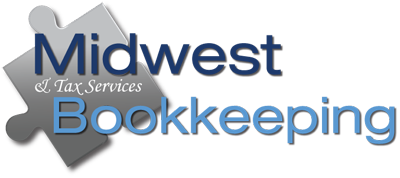IRS – Identity Theft and Fraudulently Obtained Tax Refund Checks
Taxpayers:
Are you a victim of identity theft? If you received a notice from IRS, please call the number on the notice. If not, please go to the Identity Theft web page.
Check Casher:
Some individuals are filing fraudulent tax returns to claim tax refunds using names and Social Security numbers they have stolen from other taxpayers. These identity thieves are using check cashers to cash the tax refund checks possibly because they believe banks are more likely to closely scrutinize the transaction. The Bank Secrecy Act requires Money Services Businesses (MSB), which includes check cashers, to develop, implement, and maintain an effective anti-money laundering program reasonably designed to prevent the MSB from being used to facilitate money laundering and other financial crimes.
The most common fraudulent refund checks that check cashers will see are:
- United States Treasury Refund checks, and
- Bank checks – This could be a “Cashier’s Check” or a check written on the bank’s account.
The checks will be made payable in the name of the taxpayer who has had his identity stolen, not the real name of the person who is trying to cash the check.
What to Look For:
- Address, city, or state printed on the refund checks are not in close or reasonable proximity to your business
- Customer or multiple customers within a relatively short period of time and the checks issued are for the same amount or within dollars of each other
- Multiple refund checks with different names going to the same address or close proximity
- Customer or multiple customers cashing refund checks which are sequentially numbered or only a few numbers apart
- Endorsement (handwriting) on the back of the check does not match their identification
- Multiple checks with different names with the same endorsement (handwriting)
- Address on the customer’s identification does not match the address printed on the check
- Driver’s license number is inconsistent with your state numbering system
- Customer using the identification is not the person listed on the check
- Picture on the identification is not consistent with the age noted on the identification
- Higher volume of customers with Individual Taxpayer Identification Numbers (ITINs). ITINs are issued when the customer is not able to secure a Social Security Number. ITINs are a nine-digit number that always begin with the number 9 and are formatted as 9XX-74-XXXX.
If you identify any of the above indicators, please call (720) 956-4703 (if calling from Mountain and Western time zones) or (404) 338-9437 (if calling from Eastern and Central time zones). You can also email us at sbse.sar.use@irs.gov. An IRS employee will respond as soon as possible to assist you.
